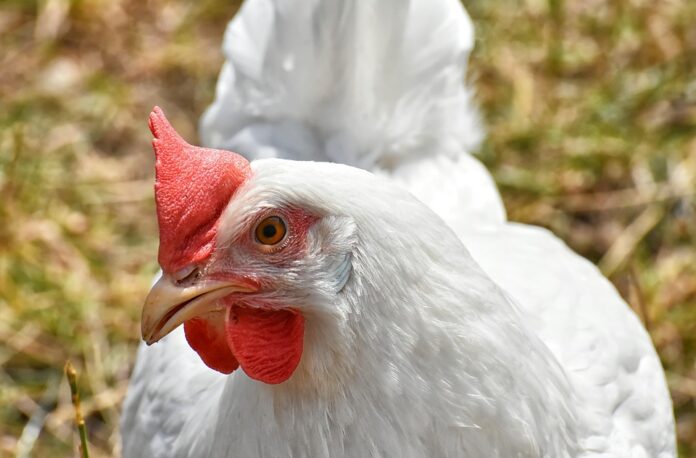Environmental Impact of Poultry Farming and Mitigation Approaches
Introduction
Poultry farming is a significant industry that provides a vital source of protein for billions of people worldwide. However, this industry also has a notable environmental impact due to various factors such as waste generation, land use, water consumption, and greenhouse gas emissions. In this report, we will explore the environmental impact of poultry farming and discuss potential mitigation approaches to address these challenges.
Environmental Impact
Poultry farming contributes to environmental degradation in several ways. One of the primary concerns is the generation of large amounts of waste, including manure and bedding materials. This waste can pollute water sources if not properly managed, leading to nutrient runoff and contamination. Additionally, poultry farms require significant amounts of land for production, leading to deforestation and habitat destruction in some regions.
Another significant environmental impact of poultry farming is water consumption. Poultry farms require substantial amounts of water for drinking, sanitation, and cooling purposes. This high water demand can strain local water resources, especially in areas experiencing water scarcity.
Furthermore, poultry farming is a significant source of greenhouse gas emissions, primarily methane and nitrous oxide. Methane is produced during the digestion process of poultry, while nitrous oxide is generated from manure decomposition. These gases contribute to climate change and air pollution, impacting both human health and the environment.
Mitigation Approaches
To address the environmental impact of poultry farming, various mitigation approaches can be implemented. One key strategy is improving waste management practices. This includes proper storage, treatment, and disposal of poultry waste to prevent water contamination and reduce greenhouse gas emissions. Implementing technologies such as anaerobic digesters can help convert manure into biogas for energy production, reducing methane emissions.
Additionally, implementing sustainable farming practices can help minimize the environmental impact of poultry farming. This includes optimizing feed efficiency, reducing water consumption, and implementing rotational grazing systems to preserve soil health and biodiversity. Utilizing renewable energy sources such as solar panels can also help reduce the carbon footprint of poultry farms.
Furthermore, regulatory measures can play a crucial role in mitigating the environmental impact of poultry farming. Governments can enforce stricter environmental regulations on waste management, water usage, and emissions control to ensure sustainable practices within the industry. Providing incentives for farmers to adopt sustainable practices can also encourage positive change and reduce the industry’s overall environmental footprint.
Industry Insights
The poultry farming industry is a significant contributor to the global food supply chain, with a projected market value of over $300 billion by 2025. The industry is dominated by key players such as Tyson Foods, Pilgrim’s Pride, and Perdue Farms, among others. These companies have a significant influence on the industry’s environmental practices and sustainability initiatives.
In recent years, there has been a growing trend towards sustainable poultry farming practices within the industry. Companies are increasingly investing in technologies and strategies to reduce their environmental impact, such as adopting organic farming methods, implementing water recycling systems, and reducing carbon emissions through energy-efficient operations.
Overall, addressing the environmental impact of poultry farming requires a holistic approach that involves cooperation between farmers, industry stakeholders, and policymakers. By implementing sustainable practices, improving waste management, and reducing greenhouse gas emissions, the poultry farming industry can mitigate its environmental footprint and contribute to a more sustainable food system.
In conclusion, the environmental impact of poultry farming is a significant challenge that requires proactive measures to address. By implementing mitigation approaches such as improving waste management, adopting sustainable farming practices, and implementing regulatory measures, the industry can reduce its environmental footprint and move towards a more sustainable future.



